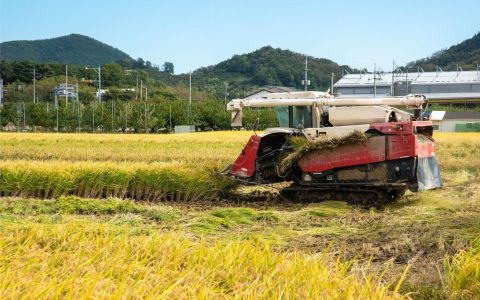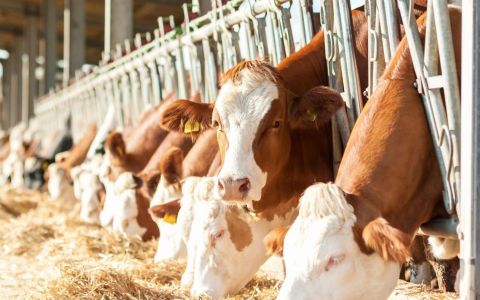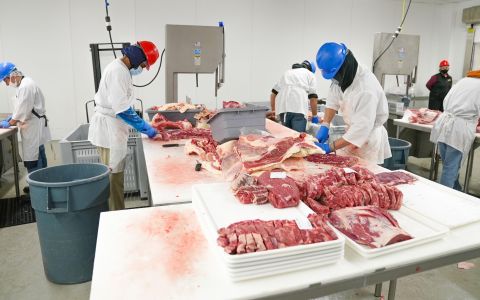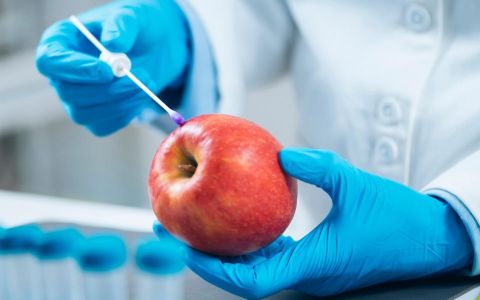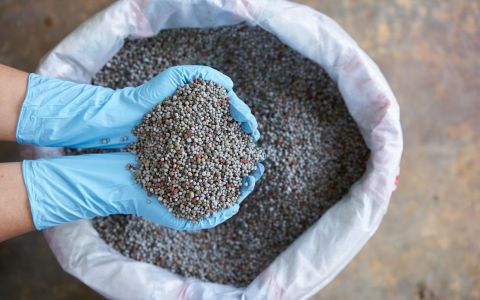The driving force behind animal health - nutritional supplements and medication
Raising healthy animals for delicious meals is a challenging task that requires careful attention. In traditional animal farming, it becomes necessary to supplement animal feed with nutrients to bolster their immune systems, minimize the risk of illnesses and mortality, and enhance productivity and growth rates. This, in turn, increases overall production efficiency. In the event of animals falling ill, timely administration of medication can aid in their recovery. Alternatively, the utilization of natural herbal remedies can eliminate the residues associated with conventional chemical drugs, thereby safeguarding human food safety.
"Lactozyme Biotechnology" the leading brand of "probiotics" in animal feed
Founded by Dr. Shih Tsung-Hsiung and his family, Lactozyme Biotechnology is a renowned company with extensive experience in academic research and strong collaborations with research institutions. They have developed a range of probiotic-based "feed additives" suitable for livestock, aquaculture, and pets. Among their notable offerings is "Probiotic Plus," featuring three active probiotic strains: Lactobacillus plantarum, Lactobacillus fermentum, and Bacillus licheniformis. These strains effectively inhibit the growth of harmful bacteria, establish a beneficial microbial population in animal intestines, improve digestion, prevent abnormal fermentation, reduce fecal odor, and enhance animal immunity. Consequently, animals fed with these additives experience improved health, fewer diseases, and reduced medication expenses. Lactozyme Biotechnology has consistently been a leading brand in Taiwan's homogeneous product market, continuously innovating and enhancing the quality of their products over the years.
In addition to their probiotic-based feed additives, Lactozyme Biotechnology is committed to promoting a "Green and Eco-friendly" product line. This line focuses on the conversion of livestock waste, urban sludge, and other materials into microbial organic fertilizers and related products. By recycling and utilizing these waste materials, they are effectively transformed into nitrogen-reducing cycles. This approach helps prevent secondary pollution and enables efficient resource utilization. Through this process, waste is turned into valuable resources, fostering a circular economy, conserving energy, reducing carbon emissions, and making a significant contribution to environmental protection.
Eubiotics aims to become a technological pioneer through the technology transfer of "Phytogenics"
Eubiotics, drawing from Academia Sinica's expertise, focuses on "Phytogenics Technology" through scientific research and product development. They utilize natural edible herbal molecules and TGAP-cultivated medicinal plants, conducting field trials for efficacy and safety. These trials lead to optimized formulas for animal feed or drinking water, regulating the intestinal microbiota and serving as alternatives to chemical drugs or antibiotics. This embodies the principles of a "green pharmacy." Eubiotics' product, "Gut Wellness," received the 2nd National Agricultural Science Research Award, and the company aims to be a pioneer in the field of "Phytogenics" technology.
Eubiotics upholds stringent manufacturing standards in GMP-certified facilities, subjecting their products to rigorous third-party certification. With inspections for pesticides, heavy metals, and veterinary drugs, their offerings guarantee non-toxicity, stability, and exceptional efficacy. These unmatched animal medications and feed additives facilitate antibiotic-free cultivation in the feed industry, aquaculture, and livestock farming sectors. This unwavering commitment ensures the preservation of animal health and the delivery of safe, high-quality products to consumers.
Other News
Nocera, Inc., a fully integrated sustainable aquaculture company focused on the manufacturing and operation of land-based Recirculating Aquaculture Systems (RASs), is pleased to announce its commencement of preliminary discussions with Chang Tai Group to explore the feasibility of a strategic collaboration.
Pesticide drops carried out by drone 4 times more efficient than by manual labor
Taiwan has witnessed rapid growth in its renewable energy sector. To bolster the adoption of clean energy, the government is actively promoting a free-market framework for green energy trading
A majority of Taiwan's long-distance saury fishing vessels have switched to using light emitting diodes (LEDs) to conduct saury fishery in the Pacific for environmental reasons.
As a result, the shift of land-based aquaculture to offshore cage net farming, creating "ocean ranching," has become a trend. This allows for the consumption of saltwater fish without the need for ocean fishing, while land can be repurposed for other uses. It saves freshwater resources, reduces carbon footprints and damage caused by disasters, and promotes a friendly farming environment that minimizes the impact of aquaculture on the environment, ultimately achieving sustainable operation.
Traditional agricultural machinery, mostly powered by diesel, is one of the primary sources of carbon emissions in agriculture. To respond to the call for net-zero emissions, countries are encouraging farmers to use electric agricultural machinery that reduces carbon emissions. Electric agricultural machinery also offers advantages such as low noise, low vibration, low waste heat, and easy startup. If they can be charged with renewable energy sources like solar power or wind power, it further enhances energy savings and carbon reduction efforts.
Animals raised without antibiotics rely on alternative health supplements like herbal medicines, probiotics, enzymes, or plant-based additives for robust health. This approach promotes a healthy digestive system, resulting in fewer cases of diarrhea, reduced fecal and urine odor, and less environmental pollution. By avoiding antibiotic use, the development of antimicrobial resistance in microorganisms is prevented, preserving the effectiveness of antibiotics. It also ensures food safety by eliminating the risk of drug residues.
Automated cutting equipment is common in modern meat processing plants for meat portioning, but detailed cutting still relies on manual hand-cutting. Knives play a crucial role in this process, significantly impacting efficiency and quality. Choosing the right knives reduces manual cutting time and effort, minimizes hand injuries, improves work efficiency, and ensures the preservation of high-quality meat with its market value intact.
For international trade, many countries have strict inspection standards for pesticide residues in imported products. Only qualified products that have been ensured of their quality and safety can be distributed to the international market.
Taiwan's high temperature and rainfall lead to rapid decomposition of organic matter, resulting in insufficient organic content in farmland soil. This, in turn, causes soil acidification and heavy metal accumulation, resulting in irreversible damage. Organic fertilizers have a slow but long-lasting effect. They promote the growth of beneficial microorganisms in the soil, improve soil aeration, water retention, and fertility. They also enhance the soil's ability to buffer against environmental changes, preventing drastic fluctuations in pH and EC values.















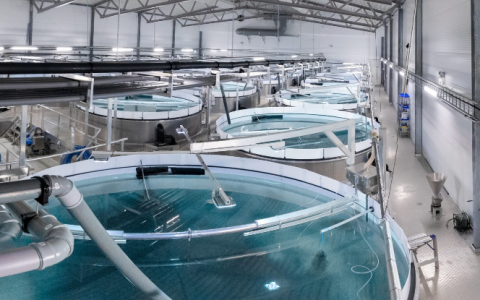
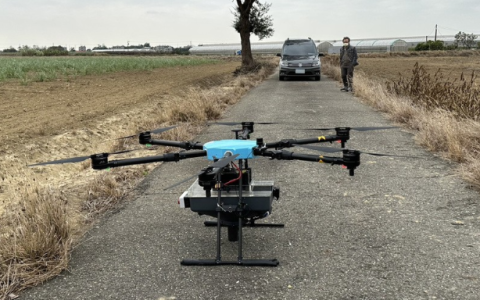

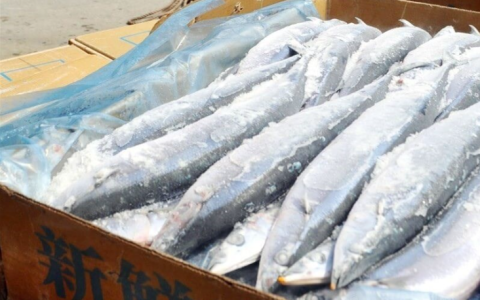
__23G27ZHEBA.jpg)
